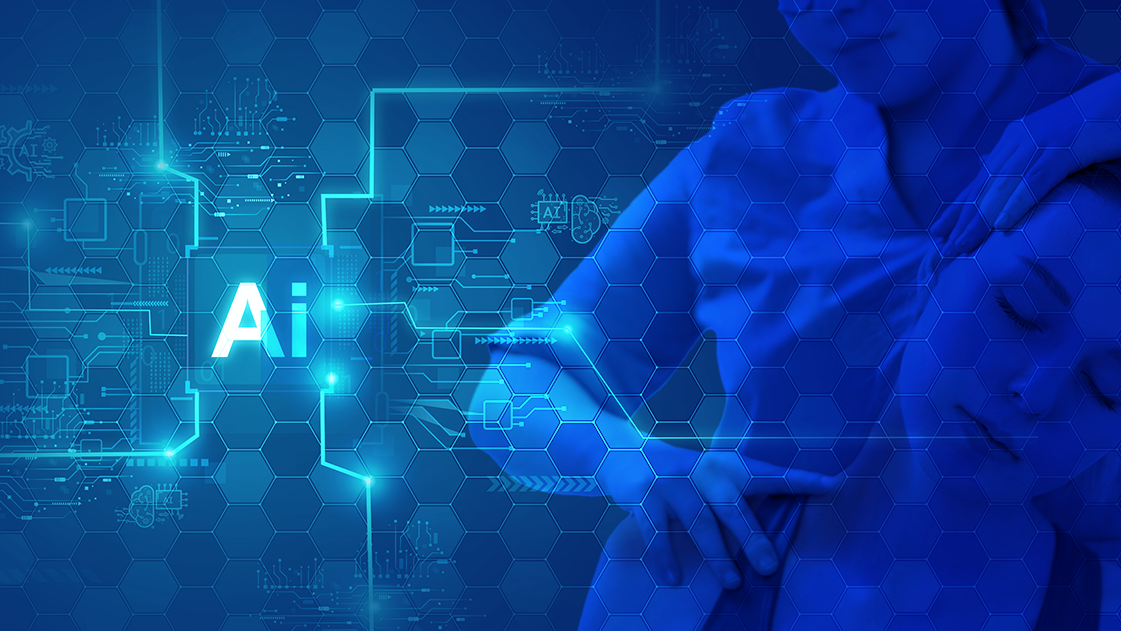

ACL Digital
How Mobile Applications Enhance Care Delivery and Redefine the Healthcare Industry
Information Technology has become one of the most important engines for the growth of the healthcare industry. Professionals within the industry can access patient data anytime and from any location. One of the devices that can assist with patient information access would be the mobile phone. Using technologies that help you to be fit and healthy has resulted in a new area known as mobile health (mHealth). It refers to medicinal and public health actions backed by mobile devices such as cell phones, personal alphanumeric assistants, nursing devices, and more. Also, the WHO defines mHealth as “the use of mobile or wireless technologies to assist individuals in achieving their health objectives.”
Mobile technology enhances behavioral and clinical outcomes compared to traditional behavioral adjustment treatments. It has been noted that mobile health may support individuals to self-manage prolonged diseases and prevent illness. Cell phones have become a private page for engagement, patient interaction, speed information, health behavior reminders, and healthcare data monitoring. It has also become an effective operational tool for behavioral change in preventing diseases.
Like other IT services, mobile phones can connect public health with different essential sectors. Disease surveillance, information distribution, and data analysis are all facets of IT services included in this segment. In public health, quick and reliable data is necessary for decision-making, and mobile phones can meet this requirement while enabling communication. Patients can get health services and peer assistance by notifying and sending preventative messages to public health workers via cell phones.
Impact of Mobile Apps – An Overview
Nowadays, individuals have become more and more attached to smart devices. Healthcare innovation has led healthcare industry app development to become both a luxury and a necessity. There’s an immense transformation due to technological interference and advancement. The mobile app for care providers and payers has paved the way towards extraordinary growth even during covid, changing the perception of the healthcare section amongst people worldwide.
According to Statista, 54,546 healthcare, and medical apps were available on the Google Play Store. There were more than 65,300 mHealth apps during the last quarter of 2021, and the number of mHealth apps available to Android users via the Google Play Store still keeps growing. The digital healthcare market might reach nearly 660 billion USD by 2025. Businesses and digital health investors have invested more than 21 billion in digital healthcare projects in the past two years.
The healthcare mobile apps market is forecasted to create around 111.1 billion dollars by 2025, and there are more than 318,000 healthcare apps in top app stores across the globe. Also, it is estimated that approximately 300+ new mobile healthcare apps are added daily.
From digital transformation in the healthcare industry to ease of healthcare access and higher access to healthcare users online, there are numerous reasons for the high adoption and demand for healthcare application development. mHealth apps are an excellent way to make the lives of doctors and patients simpler by facilitating quicker and better diagnosis, thus enhancing overall patient care. mHealth app development brings many upgrades that apps can get to medical services.
Understanding Mobile Healthcare Apps
Backed by tablet devices and smartphones, mobile apps empower public health and medical practices with modern and innovative ways to provide healthcare services outside conventional care settings. Mobile apps can be classified as:
- Health management apps: Supports people in evaluating their health conditions such as cholesterol level, heart rate, mental health, diabetes, and more
- Wellness & Fitness apps: Comprises nutrition-tracking apps that assist in counting calories, sleep apps, and other tracking apps that aid people in living healthier lives
- Clinical reference and diagnostic apps: The apps support practitioners and doctors with managing medical exams and clinical practice
- Telemedicine apps: Facilitates virtual patient care by doctors and licensed practitioners
Top 8 Benefits of Mobile Applications
Hospitals and other healthcare organizations are contemplating using mobile applications to provide patients and others with high-quality healthcare services across boundaries. Healthcare mobile applications can offer several benefits, including:
- Hassle-free access to health information: Mobile apps offer quick and easy access to health information and resources, allowing users to stay informed about their health on the go.
- Enhanced communication with healthcare providers: Mobile apps can enable communication between patients and providers, allowing the users to receive advice, request appointments and receive test results.
- Advanced engagement in personal health management: With the ability to track and monitor health metrics, such as food intake and physical activity, mobile apps can help users take a more active role in managing their health.
- Superior tracking and managing chronic conditions: For those with chronic conditions, mobile apps can offer tools to track medication schedules, symptoms, and appointments, assisting in managing their condition more effectively.
- Advanced prescription alerts: Healthcare apps eradicate a significant chunk of monotonous and tedious administrative work and provide a better experience. It helps set up electronic reminders that alert patients about their upcoming appointments with doctors, medication with specialists, and more.
- Improved patient engagement: Healthcare apps invalidate manual diagnostic errors. It helps in recording and storing the detailed report of a patient’s health condition digitally in the application.
- Cost savings: By reducing the need for office visits and reducing the need for paper-based records, mobile apps can help to lower healthcare costs for both patients and providers.
- Augmenting medical ecosystems with IoT implementations: IoT-connected healthcare applications, including wearable devices like glucometers, fitness bands, and other wirelessly connected devices, support doctors in collecting flawless medical data of their patients at any time or place. It helps doctors make informed decisions and provide exceptional care.
Final Take
To bring it to a close, the rise of mobile healthcare apps in the industry has been astonishing. Therefore, investing in mobile health apps will undoubtedly help improve your healthcare organization’s reputation and profits. mHealth apps are essential for every medical or healthcare environment to prepare better for the future and deliver collaborative and multidisciplinary care services. With ACL Digital as your technology partner, you can expect the delivery of superior and world-class custom healthcare apps to create immersive user experiences for patients, providers, and doctors. Explore our solutions to learn how we can help build advanced patient-centric apps and more. You can also write to us at business@acldigital.com for additional information.
Check out some of the recent case studies below:
Related Insights


ETL Simplified: Storing and Transforming Data Fully Inside Databricks


AI-Driven Pain Assessment: Leveraging Facial and Vocal Biomarkers to Transform Patient Care

On-Device AI & Edge Computing in Mobile Apps for the Healthcare Industry

